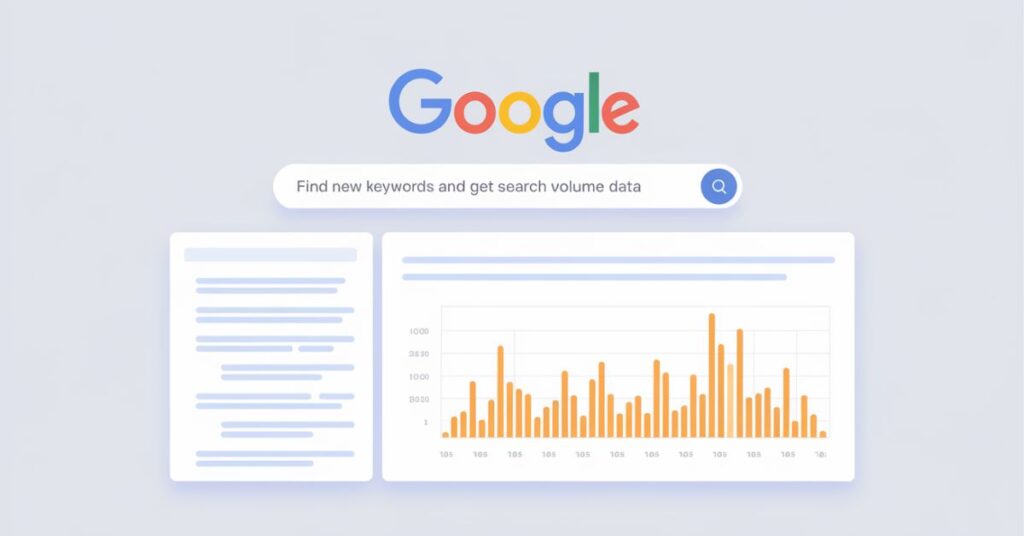In the world of SEO, many site owners work hard to create valuable content, target the right keywords, and improve rankings. But sometimes, even with the best intentions, their efforts can backfire. One common issue is keyword cannibalization. It happens when multiple pages on the same website target the same keyword or very similar keywords. Instead of boosting your SEO, this can confuse search engines and hurt your rankings.
In this article, we’ll explain what keyword cannibalization is, why it’s harmful, how to identify it, and most importantly—how to fix it. If you’re trying to grow your organic traffic and get better results from your SEO efforts, understanding keyword cannibalization is essential.
What Is Keyword Cannibalization?
Keyword cannibalization is when two or more pages on your website compete for the same keyword or search intent. This often happens by accident. For example, you might write multiple blog posts about the same topic or have several product pages optimized for the same term.
Instead of one strong page ranking high on Google, you have multiple weaker pages splitting the traffic, authority, and ranking power. This makes it hard for Google to know which page to rank, and it may end up ranking none of them well.
There are two types:
- Keyword Cannibalization: Pages target the same main keyword (e.g., “best running shoes”).
- Content Cannibalization: Pages have similar or overlapping content that confuses Google even if the keywords are slightly different.
Both types lead to lost SEO opportunities and lower visibility.
Causes of Cannibalization
Several factors contribute to keyword cannibalization:
- Publishing Similar Content: Over time, as your site grows, you may write multiple articles covering the same topic without realizing the overlap.
- Duplicate Product or Category Pages: E-commerce sites often create separate pages for similar products using the same keywords.
- Lack of Keyword Planning: Without a clear content strategy, different authors or teams may target the same keyword unintentionally.
- Unorganized Content Structure: Poor internal linking and URL structure can also cause cannibalization if search engines can’t tell which page is most important.
- Updates Without Cleanup: If you create new pages but leave the old ones online without redirects, it leads to multiple versions of the same topic.
Why Cannibalization Is Harmful
Keyword cannibalization can cause several SEO problems:
- Diluted Authority: Instead of one authoritative page gaining all backlinks and engagement, those signals are spread across multiple pages.
- Lower Rankings: Google gets confused and may not rank any page high because it doesn’t know which one is the best.
- Wasted Crawl Budget: Googlebot spends time crawling unnecessary or duplicate pages, which means your important pages may not get crawled as often.
- Reduced Click-Through Rate (CTR): When several pages from your site appear for one keyword, users might not click if the titles are similar or unclear.
- Poor User Experience: Users may land on less relevant or outdated pages, which increases bounce rate and lowers trust.
In short, cannibalization weakens your SEO strategy and lowers your ability to compete in search results.
When Multiple Pages Don’t Cause Harm
Not every case of targeting similar keywords is bad. In fact, there are situations where it’s fine:
- Different Search Intent: If one page is informational (e.g., a blog post) and another is transactional (e.g., a product page), both can rank without problems.
- Brand Queries: You might have several pages that relate to your brand (e.g., about us, press releases, contact page), and that’s okay.
- Topic Clusters: When done right, a group of pages targeting various aspects of a topic can support a main pillar page. This actually helps SEO if structured well.
It’s important to analyze user intent and search behavior before deciding if there’s a real cannibalization issue.
How to Identify Cannibalization
Here are practical ways to find out if your site suffers from keyword cannibalization:
- Google Search: Type site:yourdomain.com keyword in Google to see how many pages are ranking for that keyword.
- Google Search Console: Go to the Performance report and look at the queries. If one keyword shows multiple URLs, that’s a red flag.
- SEO Tools:
- Ahrefs: Use the Site Explorer to find keyword overlaps.
- SEMrush: The Position Tracking tool shows when multiple URLs are ranking for the same keyword.
- Surfer SEO: Highlights cannibalization in its audit reports.
- Ahrefs: Use the Site Explorer to find keyword overlaps.
- Content Audit: Manually check your content library. Look for titles, headings, and keywords that appear repeatedly.
- Rank Fluctuation: If your rankings for a keyword are unstable or pages keep switching, it could be due to cannibalization.
Fixing Keyword Cannibalization
Once you’ve identified the problem, here’s how you can fix it:
- Content Consolidation: Combine multiple similar pages into one detailed, comprehensive page. Redirect the old pages to the new one.
- 301 Redirects: Use redirects to point outdated or duplicate pages to the primary page you want to rank.
- Canonical Tags: If you need to keep multiple similar pages, add a canonical tag to show which one is the preferred version.
- Update and Reoptimize: If you have two pages with overlapping content, rewrite one to target a different but related keyword.
- Noindex Tags: Add noindex to pages that are thin, outdated, or not needed in search results.
- Internal Linking Fixes: Update your internal links to point to the main page. This signals to Google which page has the most authority.
Preventive Strategies
Avoiding cannibalization in the future requires a solid SEO content strategy:
- Keyword Mapping: Before creating content, assign specific keywords to specific pages. Keep a spreadsheet to track them.
- Content Planning: Build content around clusters. Have a pillar page and then create supporting articles that link back to it.
- Regular Audits: Schedule a content review every 6–12 months to check for overlap.
- Use Unique Meta Tags: Ensure each page has a unique title tag and meta description that reflect different keywords.
- Team Coordination: Align your writers, SEO specialists, and developers to avoid targeting the same keywords unintentionally.
- Use SEO Tools: Monitor keyword performance and page behavior to quickly catch and fix cannibalization issues.
Conclusion
Keyword cannibalization is a hidden SEO problem that can quietly hurt your site’s rankings, traffic, and user experience. But the good news is—it’s fixable. By identifying overlapping content, consolidating similar pages, and planning future content wisely, you can strengthen your site’s SEO performance.
Use the techniques outlined in this guide to audit your content, fix any cannibalization issues, and build a clearer, stronger SEO structure. Whether you run a blog, an e-commerce store, or a service website, managing keyword cannibalization is key to making the most of your SEO efforts.



